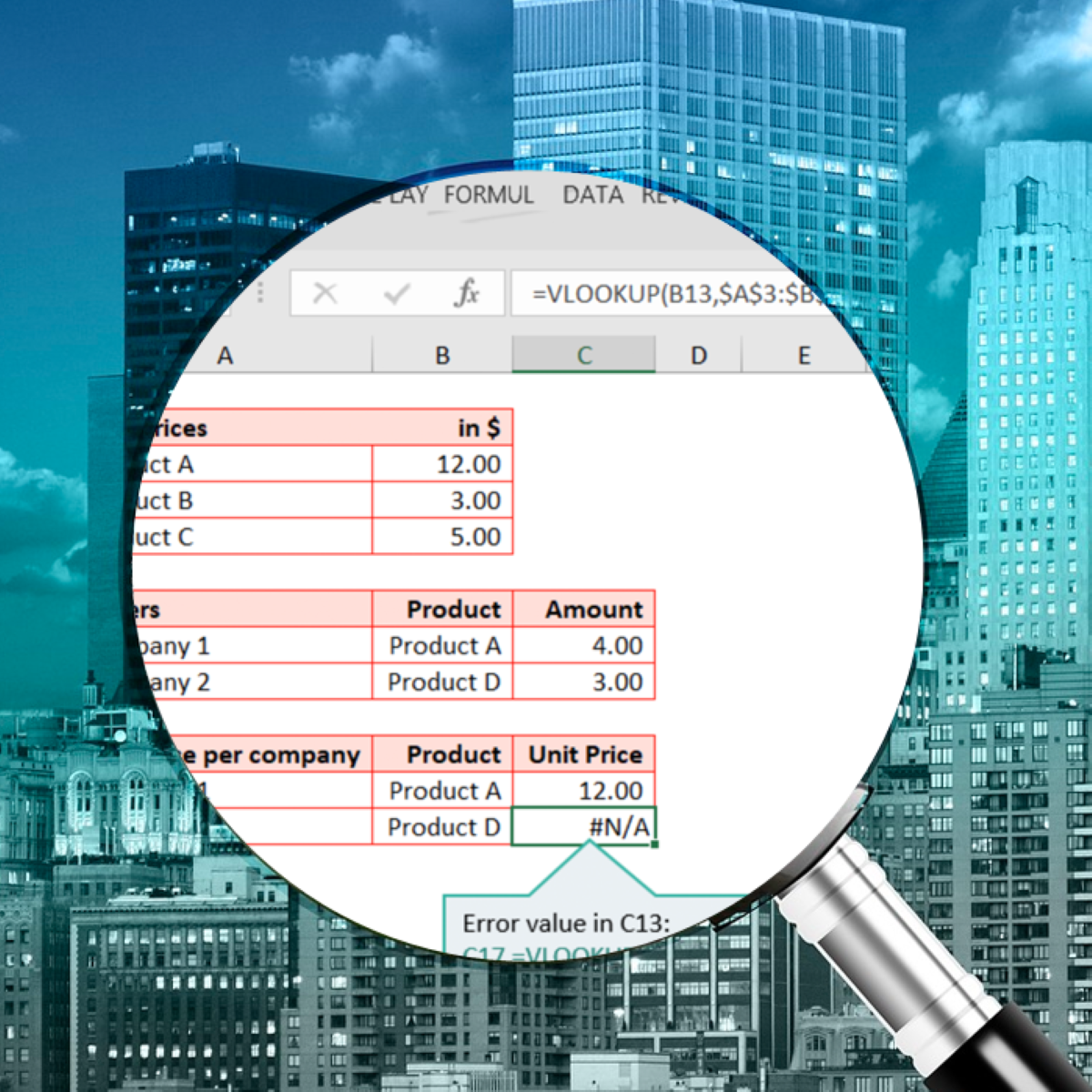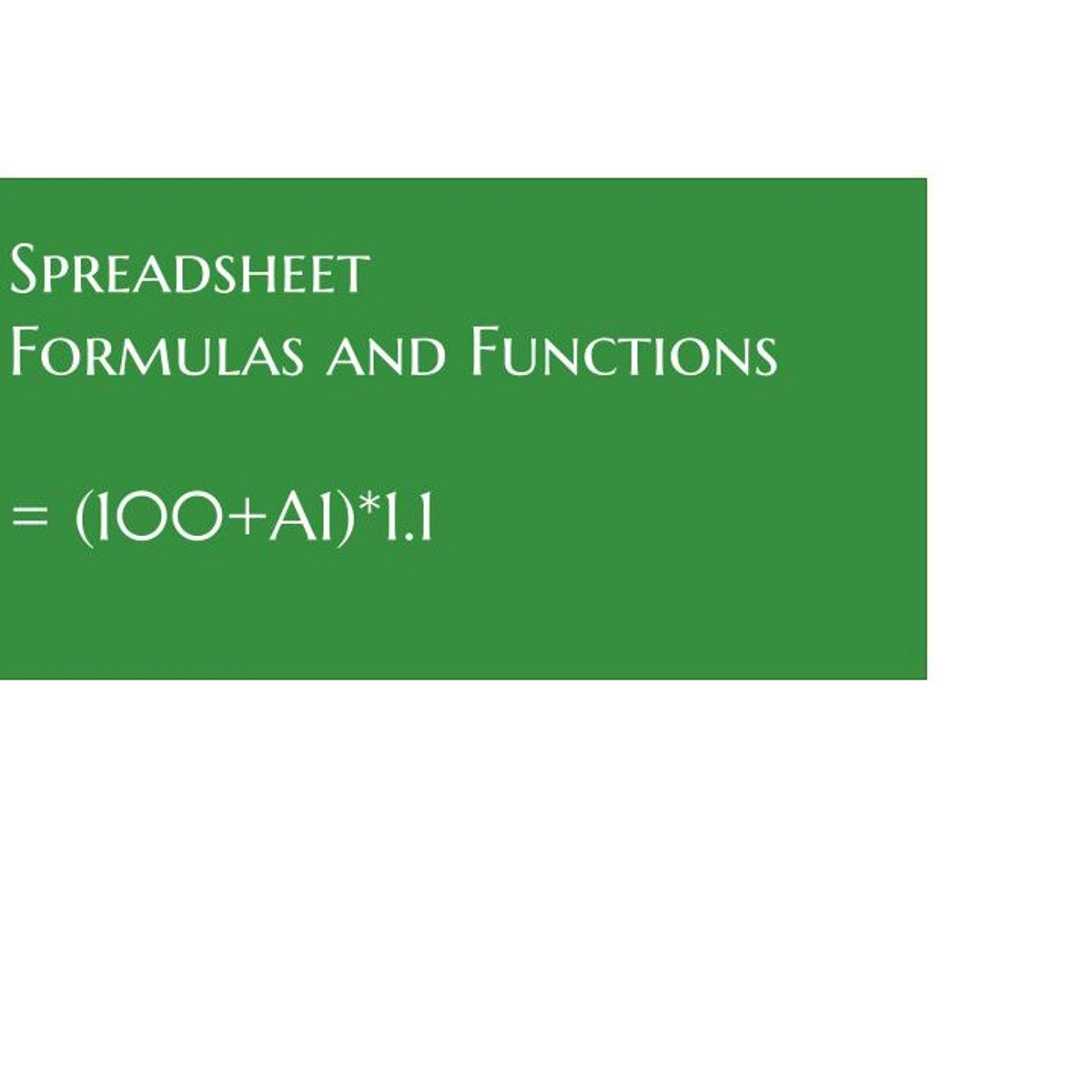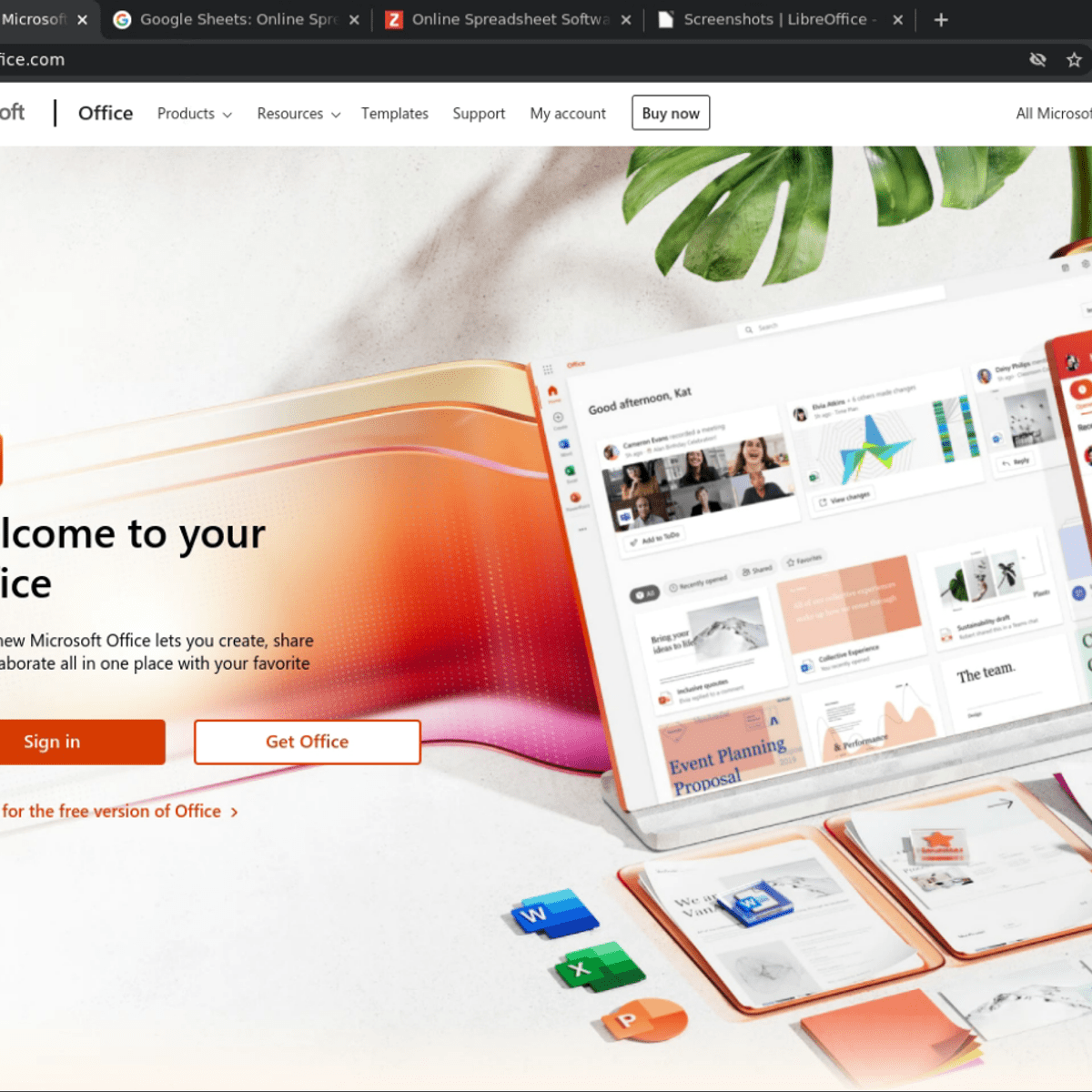Spreadsheet Developer
Spreadsheet Developer: Building Solutions with Data
A Spreadsheet Developer is a professional who designs, builds, maintains, and optimizes sophisticated spreadsheet-based applications and tools. While many people use spreadsheet software like Microsoft Excel or Google Sheets for basic data entry or calculations, a Spreadsheet Developer leverages advanced functionalities, automation, and often scripting languages to create powerful solutions for complex business problems. They transform raw data into actionable insights, streamlining processes and enabling better decision-making across organizations.
Working as a Spreadsheet Developer can be highly engaging. It involves creatively solving intricate problems, often requiring a blend of analytical thinking and technical skill. You might find excitement in automating tedious manual tasks, saving colleagues hours of work, or building dynamic dashboards that provide real-time insights. Furthermore, the role often involves collaborating with various departments, giving you exposure to different facets of a business and the satisfaction of building tools that have a direct impact on operational efficiency and strategic planning.
Core Responsibilities of a Spreadsheet Developer
The day-to-day work of a Spreadsheet Developer revolves around manipulating data, automating processes, and ensuring the reliability of the tools they create. They are architects of information, designing systems within spreadsheets to meet specific business needs.
Designing Data Models and Automating Workflows
A key responsibility involves structuring data logically within spreadsheets, creating models that facilitate analysis and reporting. This often goes hand-in-hand with automation. Developers use tools like Visual Basic for Applications (VBA) or integrate languages like Python to automate repetitive tasks, data imports, calculations, and report generation, significantly boosting efficiency. They might build custom functions or complex macros to handle tasks that standard spreadsheet features cannot easily manage.
To get started with automation using VBA, consider exploring introductory resources. Understanding how to script within the spreadsheet environment is fundamental to developing more complex solutions.
For those interested in leveraging Python for spreadsheet automation, specific courses and books can guide you through integrating these powerful tools. Python offers extensive libraries for data manipulation and can interact directly with spreadsheet applications.
record:31u8g3
Developing Reporting Systems
Spreadsheet Developers often design and implement systems for financial or operational reporting. This could involve creating complex financial models, sales dashboards, inventory tracking systems, or project management tools. They collaborate with stakeholders across departments like finance, sales, or operations to understand their specific reporting requirements and translate them into functional spreadsheet solutions. The goal is to present data clearly and accurately, often incorporating visualization elements like charts and pivot tables to aid understanding.
Building effective reporting tools requires a solid grasp of both spreadsheet functionalities and the business context. Consider resources that focus on best practices for modeling and data analysis within spreadsheets.
Ensuring Data Integrity and Managing Versions
Maintaining the accuracy and reliability of data is paramount. Spreadsheet Developers implement error-checking mechanisms, data validation rules, and protection features to prevent accidental corruption or unauthorized changes. They are responsible for troubleshooting bugs and optimizing workbook performance, especially when dealing with large datasets. Implementing version control practices, even if rudimentary compared to software development, is also crucial to track changes and manage different iterations of a spreadsheet tool.
Implementing robust error checking often involves using specific spreadsheet features designed for auditing and validation. Understanding these tools is key to building trustworthy applications.
Books on internal controls and auditing practices offer valuable insights into maintaining data integrity, which is a critical responsibility in this role, especially in regulated environments.
Essential Technical Skills
To excel as a Spreadsheet Developer, a strong foundation in spreadsheet software is necessary, complemented by skills in automation, data handling, and potentially programming.
Advanced Spreadsheet Functions and Features
Mastery beyond basic formulas is essential. This includes complex functions (like VLOOKUP, HLOOKUP, INDEX/MATCH, SUMIFS, COUNTIFS), array formulas, conditional formatting, pivot tables, and data validation. Understanding tools like Power Query for data transformation and cleaning is also increasingly important. Familiarity with features like Goal Seek or Solver for optimization problems can also be valuable.
Many online courses focus specifically on elevating your skills beyond the basics, covering advanced formulas and features crucial for development work. Look for courses that offer practical, business-oriented examples.
Comprehensive books dedicated to spreadsheet formulas serve as excellent references for mastering the wide array of available functions and their applications.
Scripting and Automation (VBA/Python)
Proficiency in VBA (Visual Basic for Applications) is often a core requirement for automating tasks, creating custom functions, and building user interfaces (UserForms) within Microsoft Excel. Increasingly, Python is being used as a powerful alternative or supplement to VBA, offering more extensive libraries for data analysis, manipulation, and integration with other systems. Knowing how to use these languages to interact with the spreadsheet's object model is key.
Learning VBA or Python specifically for spreadsheet automation can unlock significant capabilities. Focus on resources that teach how to apply these languages in a spreadsheet context.
Dedicated books on VBA programming for Excel provide in-depth knowledge, covering everything from basic macros to complex application development.
Database Fundamentals and Data Visualization
While not always database administrators, Spreadsheet Developers benefit from understanding basic database concepts and query languages like SQL. This knowledge is helpful for importing data from external sources or integrating spreadsheets with larger data systems. Furthermore, the ability to effectively visualize data using charts and dashboards within the spreadsheet software is crucial for communicating insights derived from the data.
Developing skills in data visualization allows developers to present complex information in an easily digestible format. Explore resources available on platforms like OpenCourser's Data Science section to find relevant courses.
Understanding Add-ons and APIs
Modern spreadsheet platforms like Excel and Google Sheets have ecosystems of add-ons and Application Programming Interfaces (APIs) that extend their functionality. A developer might need to leverage these tools or even build custom add-ins using technologies like JavaScript or TypeScript to integrate spreadsheets with other enterprise systems or web services. Familiarity with these ecosystems allows for more powerful and integrated solutions.
Formal Education Pathways
While a specific "Spreadsheet Development" degree doesn't exist, several formal educational paths can provide a strong foundation for this career.
Relevant Undergraduate Majors
Degrees in fields like Information Systems, Computer Science, Finance, Accounting, Data Science, or Business Analytics often equip students with relevant skills. Information Systems programs blend business knowledge with technical skills, while Computer Science provides a deeper understanding of programming and data structures. Finance and Accounting majors develop strong analytical skills and domain expertise frequently applied in spreadsheet modeling. Data Science programs naturally cover data manipulation, analysis, and visualization techniques widely used by spreadsheet developers.
Exploring curricula within Business or Computer Science can give aspiring developers a sense of the foundational knowledge required.
Certificates vs. Degrees
A formal degree provides broad foundational knowledge, critical thinking skills, and often, networking opportunities. However, targeted certifications, such as the Microsoft Office Specialist (MOS) Expert in Excel, can validate specific, high-level spreadsheet skills to employers. For individuals pivoting careers or seeking to quickly demonstrate proficiency, certifications can offer a faster, more focused path to showcasing relevant expertise. The return on investment (ROI) depends on individual career goals; a degree might be necessary for certain entry points or long-term trajectories, while certifications can boost marketability and validate practical skills effectively.
Capstone Projects and Research
University programs often include capstone projects where students apply their learning to solve real-world problems. Aspiring spreadsheet developers can leverage these projects to build complex spreadsheet models, automate processes, or analyze significant datasets, creating valuable portfolio pieces. Research opportunities, particularly in computational methods, data analysis, or financial modeling, can further deepen expertise and demonstrate advanced capabilities relevant to sophisticated spreadsheet development roles.
Self-Directed Learning Strategies
Formal education isn't the only route. Many successful Spreadsheet Developers are self-taught, leveraging online resources and practical experience.
Building Portfolio Projects
Creating tangible examples of your work is crucial, especially without formal corporate experience. You can find publicly available datasets from government websites, academic institutions, or platforms like Kaggle. Use these datasets to build analytical dashboards, automate reporting processes, or create financial models. Document your process, challenges, and solutions. Focus on demonstrating skills employers seek, such as data cleaning, complex formula usage, automation scripting, and clear visualization.
Starting with foundational spreadsheet skills is key before tackling complex projects. Beginner-friendly courses can provide the necessary groundwork.
Utilizing Open-Source Datasets and Communities
Engage with online communities like Stack Overflow, Reddit forums (e.g., r/excel), or specialized spreadsheet forums. Answering questions, participating in discussions, and seeking feedback on your projects can accelerate learning. Analyzing solutions provided by experienced users can expose you to new techniques and best practices. Many communities share open-source datasets or project challenges, providing ample practice opportunities.
Finding ways to practice is essential. Platforms like OpenCourser list numerous project-based courses that provide hands-on experience with real-world scenarios.
Freelancing and Skill Validation
Platforms like Upwork or Fiverr host numerous small projects requiring spreadsheet skills. Taking on freelance work, even small tasks initially, provides practical experience, builds a portfolio, and generates client testimonials. Successfully completing projects validates your skills in a real-world context, which can be highly persuasive to potential full-time employers. Start with tasks matching your current skill level and gradually take on more complex projects as your confidence grows.
Career Progression for Spreadsheet Developers
A career as a Spreadsheet Developer offers various growth pathways, both vertically within the specialization and horizontally into related fields.
Entry-Level vs. Senior Roles
Entry-level roles typically focus on applying basic to intermediate formulas, data entry automation, maintaining existing spreadsheets, and supporting senior developers. As developers gain experience, they progress to senior roles. Senior Spreadsheet Developers handle more complex projects, design sophisticated models from scratch, lead automation initiatives, integrate spreadsheets with other systems (like databases), optimize performance for large datasets, and often mentor junior team members or train end-users. They possess deep expertise in advanced functions, VBA/Python scripting, and data integrity best practices.
Transition Paths to BI and Analytics
The skills honed as a Spreadsheet Developer provide a strong foundation for transitioning into broader Business Intelligence (BI) or Data Analyst roles. These roles often involve using more specialized BI tools (like Power BI, Tableau), working with larger datasets, and employing more advanced statistical analysis or data modeling techniques. The analytical mindset, data manipulation skills, and understanding of business reporting developed in spreadsheet work are highly transferable.
Exploring Business Intelligence or Data Analysis topics on OpenCourser can illuminate these potential career shifts.
Consulting vs. In-House Trajectories
Spreadsheet Developers can pursue careers either in-house within a specific company or as external consultants. In-house roles offer deep immersion in one organization's processes and data, allowing for long-term impact and specialized domain knowledge. Consulting roles involve working with various clients across different industries, offering diverse challenges and exposure to a wider range of problems and solutions. Freelancing is also a viable path, offering flexibility and direct client engagement.
Leadership Opportunities
Experienced Spreadsheet Developers can move into leadership positions focused on process optimization, data governance, or managing analytical teams. Their expertise in building efficient tools and understanding data workflows makes them valuable in roles aimed at improving business processes. They might lead initiatives to standardize spreadsheet practices across an organization or manage a team of analysts or developers.
Industry-Specific Applications
Spreadsheet Developers are employed across nearly every industry, adapting their skills to meet sector-specific needs.
Finance, Planning & Analysis (FP&A) vs. Supply Chain
In Finance, particularly FP&A, developers build complex financial models for budgeting, forecasting, valuation, and reporting. Accuracy, auditability, and adherence to financial principles are critical. In Supply Chain, spreadsheets are used for inventory management, demand forecasting, logistics planning, and performance tracking. The focus might be more on handling large datasets, optimizing logistics, and integrating with inventory systems.
Regulatory Reporting Requirements
Industries like finance, healthcare, and pharmaceuticals have strict regulatory reporting requirements (e.g., Sarbanes-Oxley, GxP). Spreadsheet Developers in these sectors must build tools that ensure data integrity, maintain audit trails, implement robust controls, and meet specific compliance standards. Validation processes for spreadsheets used in regulated environments can be rigorous.
Understanding the importance of audit trails and data integrity is crucial in regulated fields. Resources discussing forensic accounting and auditing provide relevant context.
Small/Medium Enterprises (SME) vs. Enterprise Environments
In SMEs, a Spreadsheet Developer might be a 'jack-of-all-trades', building a wide variety of tools with less formal structure. In large enterprises, roles are often more specialized, focusing on specific departments or processes. Enterprises may have stricter development standards, more complex integration requirements with other corporate systems (like ERPs), and greater emphasis on collaboration and version control.
Legacy System Modernization
Organizations often rely on older, complex spreadsheets ("legacy systems"). Developers may be tasked with understanding, maintaining, optimizing, or migrating these systems to newer platforms or databases. This requires reverse-engineering complex logic, ensuring data migration accuracy, and potentially rebuilding functionality using modern best practices.
Automation and AI Impact
The rise of Artificial Intelligence (AI) and low-code platforms is influencing the future of spreadsheet development, presenting both challenges and opportunities.
Coexistence with Low-Code/No-Code Platforms
Low-code/no-code platforms offer ways to automate processes and build applications with minimal traditional programming. While these platforms might handle some tasks previously done in spreadsheets, complex, bespoke analysis and modeling often still require the flexibility and power of tools like Excel or Sheets, especially when combined with scripting. Developers may need to learn how to integrate spreadsheets with these platforms or focus on the more intricate tasks that low-code solutions cannot easily replicate.
Generative AI in Formula Creation and Analysis
AI tools are emerging that can assist with generating complex formulas, writing VBA or Python code snippets, cleaning data, and even performing basic analysis based on natural language prompts. This can augment a developer's productivity, automating some routine coding or formula construction. However, AI-generated code or formulas still require human oversight, validation, and integration into the broader solution context. The developer's role may shift towards leveraging AI as a tool while focusing on problem definition, solution architecture, validation, and complex logic that AI cannot yet handle independently.
Skill Adaptability and Resilience
While AI can automate certain tasks, it's unlikely to completely replace skilled Spreadsheet Developers. The need for critical thinking, understanding business context, ensuring data integrity, designing robust solutions, and troubleshooting complex issues remains crucial. Developers should focus on upskilling in areas where human expertise provides unique value: advanced modeling, strategic analysis, integration with other systems, understanding domain-specific nuances, and leveraging AI tools effectively rather than being replaced by them. Continuous learning is key to remaining relevant.
Ethical Considerations
Working with data, especially sensitive financial or operational data, carries significant ethical responsibilities.
Data Integrity Verification Protocols
Developers have an ethical obligation to ensure the data they work with and the results their spreadsheets produce are accurate and reliable. This involves implementing rigorous data validation checks, cross-referencing data sources, and establishing protocols for verifying calculations and model outputs. Errors in spreadsheets can lead to poor business decisions, financial losses, or regulatory non-compliance.
Access Control and Security
Many spreadsheets contain confidential or sensitive information. Developers must implement appropriate security measures, such as password protection, worksheet/workbook protection, and defining user access levels, to prevent unauthorized viewing or modification of data. This is crucial for maintaining confidentiality and complying with data privacy regulations.
Audit Trail Documentation Standards
For critical spreadsheets, especially in regulated industries, maintaining an audit trail is essential. This involves documenting changes to the spreadsheet's structure, formulas, and data sources. While spreadsheets themselves often lack sophisticated built-in audit trails compared to databases, developers should establish processes for logging significant modifications, versioning files, and documenting the purpose and logic of their models.
Awareness of Bias in Models
Spreadsheet models, particularly financial or predictive models, are built on assumptions. Developers must be aware of potential biases embedded in these assumptions or in the source data itself. Biased models can lead to unfair or inaccurate outcomes. It's important to critically evaluate assumptions, document them clearly, and understand the limitations of the models being built.
Ethical data handling requires careful consideration of how models are built and used. Books focusing on analytical integrity can provide valuable frameworks.
Frequently Asked Questions
Here are answers to some common questions about pursuing a career as a Spreadsheet Developer.
Is certification X worth pursuing?
Certifications like the Microsoft Office Specialist (MOS) Expert in Excel can be valuable for validating your skills, particularly to employers who prioritize demonstrated proficiency. They can enhance employability, especially for entry-level positions or career changers, by providing concrete proof of expertise. However, practical experience and a strong portfolio showcasing complex projects often carry equal or greater weight, especially for senior roles. Assess whether a specific certification aligns with your career goals and the expectations in your target industry or role. The cost (e.g., the MOS Expert exam is around $100 USD) and time commitment should also be considered.
How can I transition from a data entry role?
Transitioning from data entry involves proactively building analytical and technical skills. Start by mastering fundamental spreadsheet functions beyond basic input. Learn about data cleaning techniques, pivot tables, and more complex formulas (VLOOKUP, INDEX/MATCH). Begin automating repetitive data entry tasks using basic macros or exploring Power Query. Take online courses focusing on data analysis or introductory VBA/Python. Build small portfolio projects using publicly available data to demonstrate your growing capabilities. Highlight any analytical or automation tasks you've already incorporated into your data entry role on your resume.
Many introductory courses can help bridge the gap from basic usage to more advanced analytical tasks. You can explore options on OpenCourser Browse.
What is the market demand like for freelance vs. full-time roles?
There is demand in both freelance and full-time markets. Full-time roles exist within companies across various sectors (finance, tech, retail, etc.) needing dedicated expertise for internal tool development and analysis. The freelance market (via platforms like Upwork, Fiverr, or direct consulting) is also active, with businesses seeking project-based help for specific spreadsheet tasks, automation, or model building. Freelance rates can vary widely based on experience and project complexity, potentially ranging from $50-$150/hour or more for experienced developers. Full-time salaries also vary significantly based on experience, location, and industry; ZipRecruiter data from April 2025 suggests average hourly rates around $84 USD in the US, but this can fluctuate. Some specialized roles like Excel VBA developers command competitive salaries.
How do you handle obsolete spreadsheet versions or cross-platform compatibility?
Handling older versions often requires maintaining compatibility by avoiding features exclusive to newer versions or building checks within the spreadsheet. When developing, it's crucial to understand the target user environment. Cross-platform compatibility (e.g., Excel vs. Google Sheets vs. LibreOffice Calc) can be challenging, especially when using platform-specific features or scripting (VBA is Microsoft-specific). Developers often need to stick to universally supported functions or build separate versions if advanced features are necessary. Clear documentation about version requirements and potential compatibility issues is essential.
What is the career longevity like in cloud-first environments?
While cloud-based collaboration platforms and specialized software are growing, spreadsheets remain ubiquitous and deeply integrated into business processes. Cloud versions like Excel 365 and Google Sheets are themselves evolving, incorporating more powerful features, collaboration tools, and even AI integrations. The core skills of data modeling, analysis, automation logic, and problem-solving remain highly valuable. Developers who adapt by learning cloud platform features, integration techniques (APIs, Power Platform, Apps Script), and potentially related skills like basic database management or BI tools will likely find continued demand for their expertise. The role may evolve, but the need to manipulate and analyze data within flexible, user-accessible tools persists.
Becoming a Spreadsheet Developer involves mastering powerful tools to solve complex data challenges. It requires a blend of technical skill, analytical thinking, and often, a deep understanding of specific business domains. With continuous learning and adaptation, it offers a rewarding career path with diverse applications across industries.








